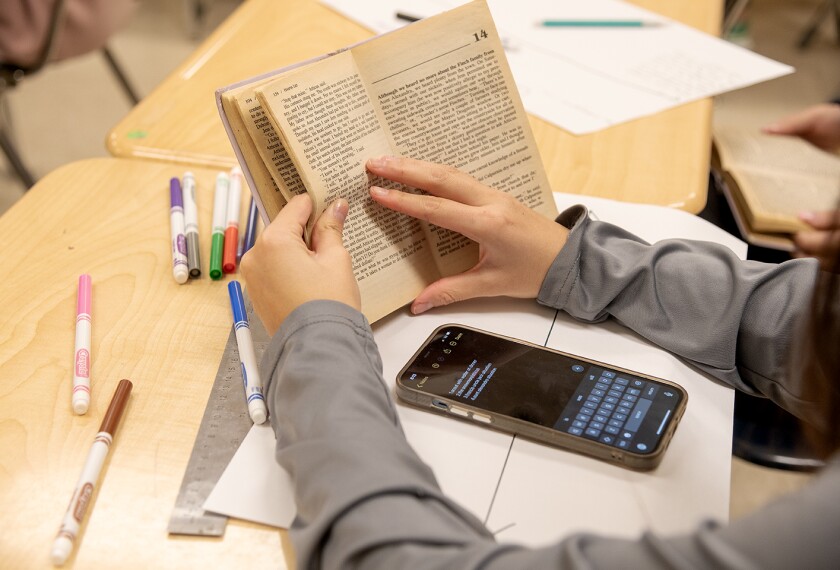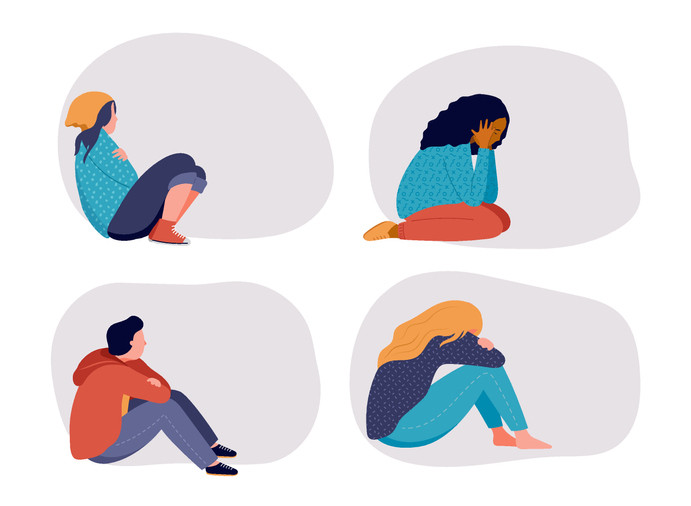Emily Yang (10) | STAFF REPORTER
On September 1, 2024, Ontario, several Canadian provinces, including Ontario, dictated a widespread cell phone ban in elementary and secondary schools, leaving some content and others fuming. The contrasting perspectives on the restriction beg the question — how effective are these cell phone bans, and should they really have been implemented?
Cell phones, in their intended uses, provide efficient communication and information through services and applications. Abuse and excessive overuse of these apps, especially those involving social media, correlate to decreased mental wellbeing, health, physical activity, socialization and sleep.
The ban’s conception arose after teacher and parent complaints accumulated regarding increased student distraction and poor performance in class, linking this behaviour to cell phone usage in school. However, despite nationwide cell phone bans, studies conducted suggest that the restriction did not directly correlate to improved concentration and focus in schools.
Although some teachers have voiced contradictory results, educational reports suggest that the ban has limited effectiveness considering high screen time and its influences outside of the school environment. The reports indicate that a much more widespread and stricter control of cell phone usages in both the students’ school and personal life would be needed to see concrete improvement in focus during lectures.
On the contrary, while cell phone bans have had minimal reported impact on student concentration and performance in schools, a significant improvement in the safety of school environments and social activities have been observed on a frequent basis. Students globally have praised the ban for reducing bullying whilst building more relationships; others say that the ban has helped them foster better social skills and experiences.
In conclusion, the effectiveness of cell phone bans and its implementation vary drastically in different areas of influence. While studies did not directly observe a significant increase in student concentration and academic performance that advocates had expected, a safer school environment, stronger relationships and increased social skills within the student body have been observed by schools on a global scale.
Sources:



